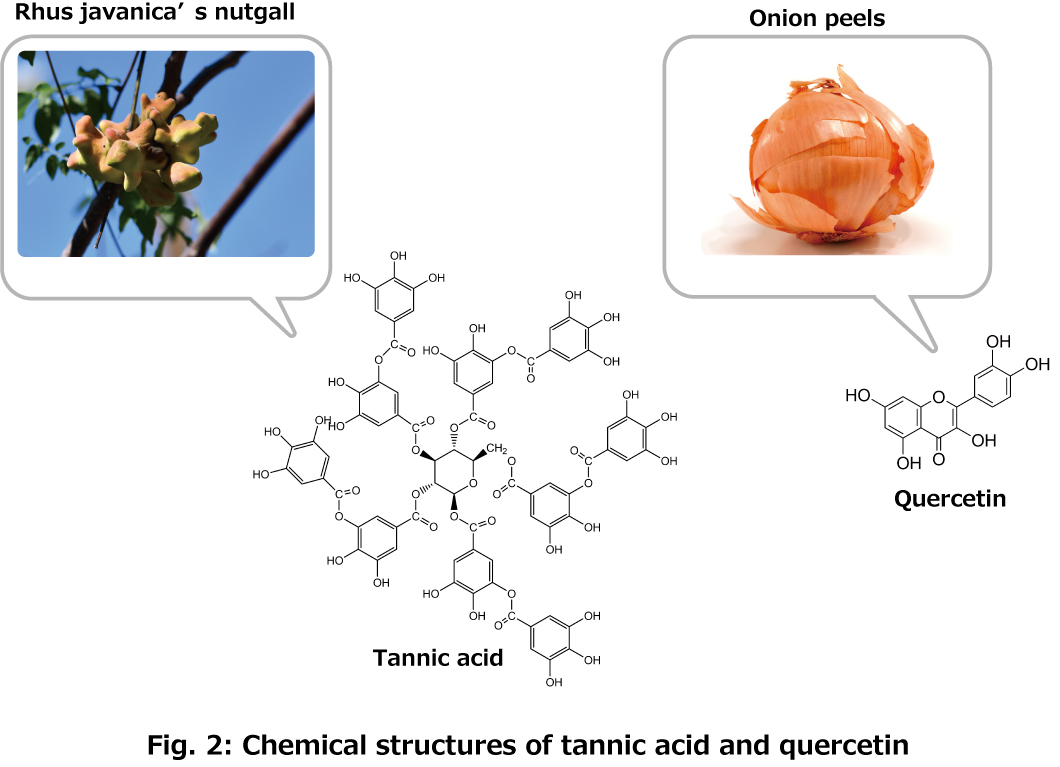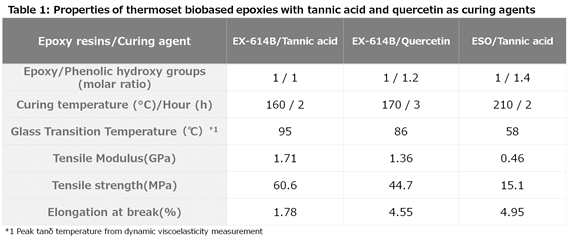Case study of DENACOL as a Bio-based Epoxy Resin
Nagase ChemteX’s sustainability

In this article, we introduce one of Case studies researched by Professor Mitsuhiro Shibata from Chiba Institute of Technology
“Case Study of DENACOL as a Bio-based Epoxy Resin”.
Professor Mitsuhiro Shibata
Affiliated institution
Department of Applied Chemistry, Faculty of Engineering, Chiba Institute of Technology (Undergraduate)
Chiba Institute of Technology, Graduate School of Engineering, Department of Applied Chemistry (Master’s Program)
Graduate School of Engineering, Chiba Institute of Technology (Doctoral Program)
■ Research Summary
The theme of Prof. Mitsuhiro’s research is “Creation of Environmentally Compatible Polymers and Composites Derived from Natural Resources.” In order to cope with the environmental problems associated with the depletion of petroleum resources and disposal of plastic waste in the near future, they are synthesizing environmentally friendly plastics by using biological resources such as cellulose, starch, vegetable oils and fats, and proteins. Furthermore, they are researching on the creation of environmentally friendly composite materials by mixing natural fibers and minerals with these bio-based plastics.
■ Specialties
Polymer Materials, Polymer Chemistry, Green Sustainable Chemistry, Environmental Chemistry, Nanostructural Chemistry, Environmental Load Reduction Technology, Conservation and Restoration Technology, Composite Materials, Interface, Structural Materials, Functional Materials
Chiba Institute of Technology. Researcher Information.
https://www.lib.it-chiba.ac.jp/cithp/KgApp?resId=S000122 ,( Reference 2021-8-17)
Case study of DENACOL as a bio-based epoxy resin
Polymers derived from renewable resources (for example bio-based polymers) are getting a lot of attention as a way to solve resource, energy, and environmental problems such as the future depletion of petroleum resources and global warming caused by the incineration of plastics derived from petroleum. Sorbitol, the raw material of DENACOL EX-614B (Figure 1. Sorbitol polyglycidyl ether), is obtained by the reduction of glucose produced in the hydrolysis of starch from corn and potatoes. Epichlorohydrin, another raw material, is currently derived from petroleum, but can be produced from glycerol obtained by the addition-methanolysis of vegetable oils and fats. Bio-based epoxy thermosets obtained by combining DENACOL EX-614B with bio-based curing agents are very interesting alternatives to petroleum-derived epoxy thermosets.


Thermal and mechanical properties of thermosets made from tannic acid, which is dried insect bumps produced by aphid insects making bites on the poison rhus javanica, and quercetin, a flavonoid abundant in onion peels (Figure 2.), as phenolic bio-based curing agents with DENACOL EX-614B are shown in Table 1),2)
As a comparison, the properties of thermally cured products of soybean oil epoxy resin (ESO), a typical bio-based epoxy resin, and tannic acid are shown.3)
DENACOL EX-614B/tannic acid, DENACOL EX-614B/quercetin and ESO/tannic acid used water, tetrahydrofuran and ethanol as mixing solvents, respectively. The comparison of physical properties is based on the epoxy/phenolic hydroxy group ratio, which was the best physical property for both cured products.

It is clear from Table 1. that DENACOL EX-614B exhibits better thermo-mechanical properties than ESO as a bio-based epoxy resin.
【References】
1) Preparation and properties of biocomposites composed of bio-based epoxy resin, tannic acid, and microfibrillated cellulose, Mitsuhiro Shibata, Koichi Nakai, J. Polym. Sci. Part B: Polym. Phys., 48(4), 425-433(2010). https://doi.org/10.1002/polb.21903.
2) Thermal and mechanical properties of sorbitol-based epoxy resin cured with Yoshihara, Mio Yashiro, Yukito Ohno, J. Appl. Polym. Sci.,128(5),2753-2758 (2013). https://doi.org/10.1002/app.38438.
*Nagase ChemteX also use petroleum-derived raw materials on DENACOL EX-614B production.
Please feel free to inquire about bio-based DENACOL products

